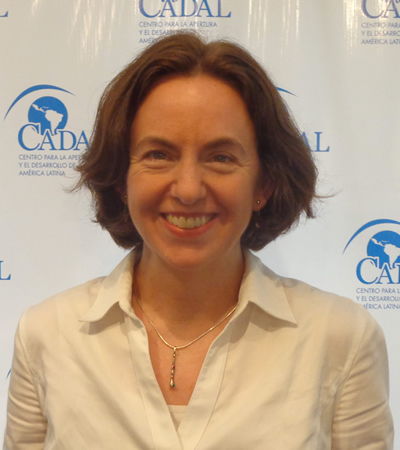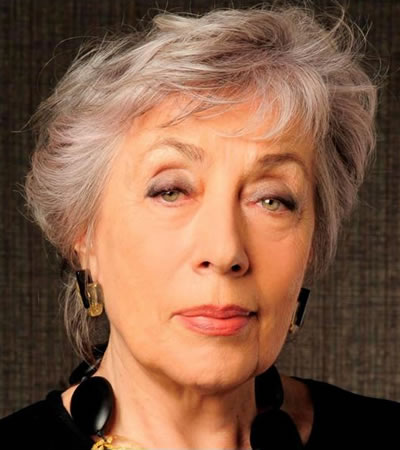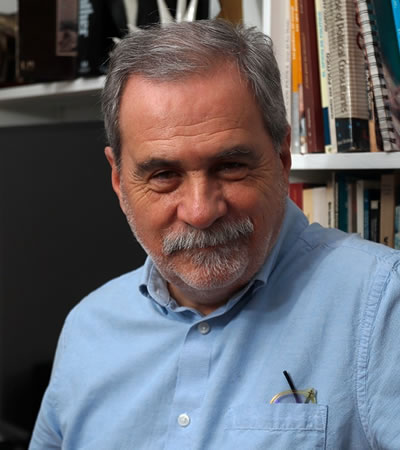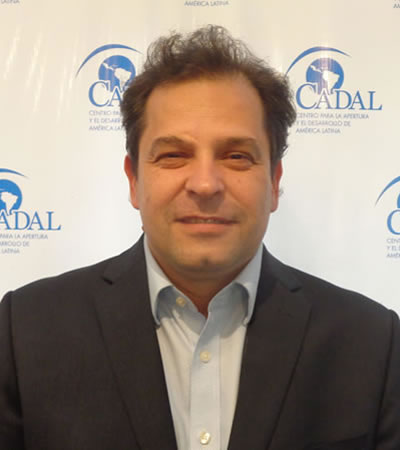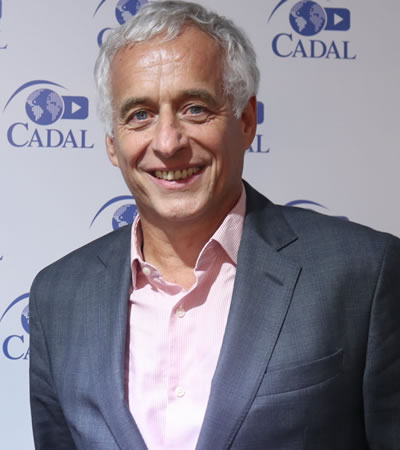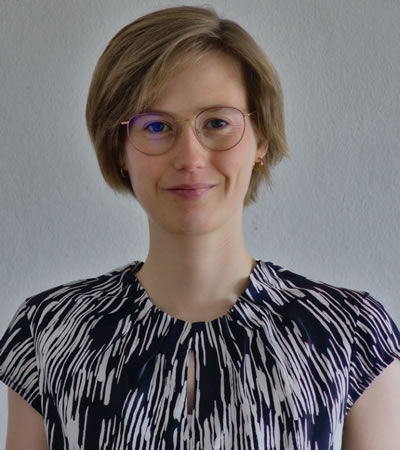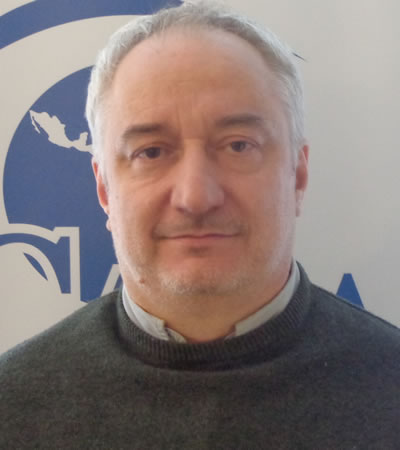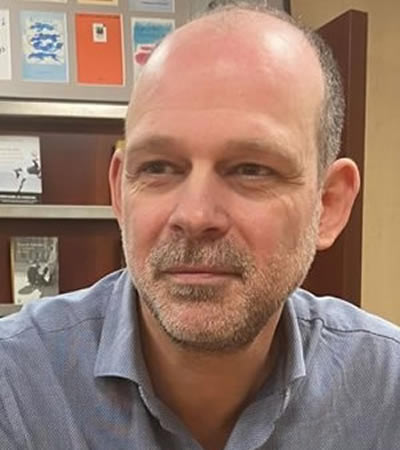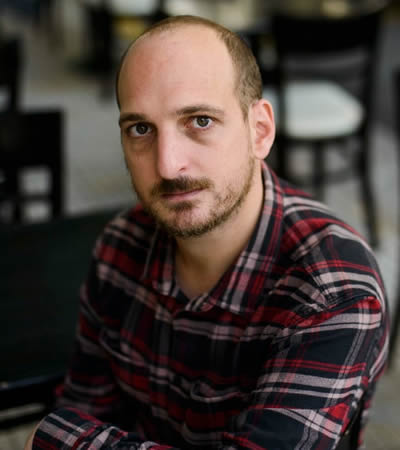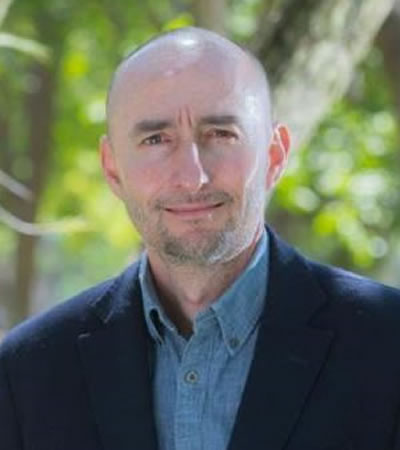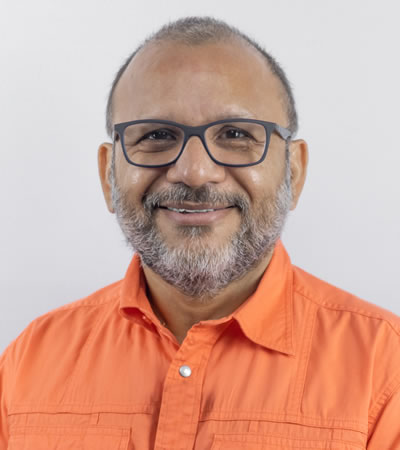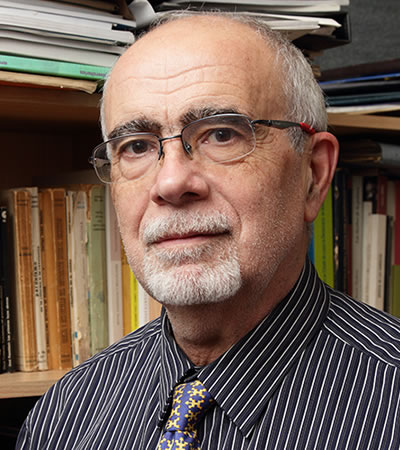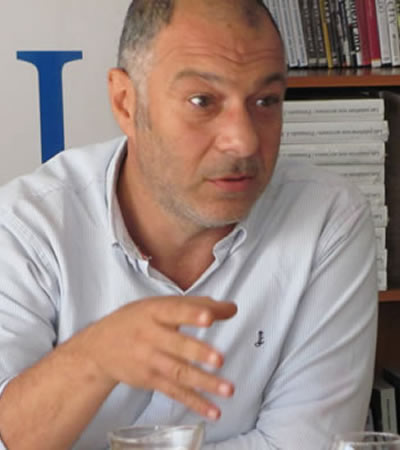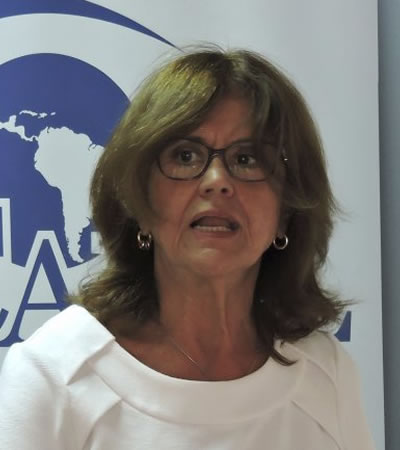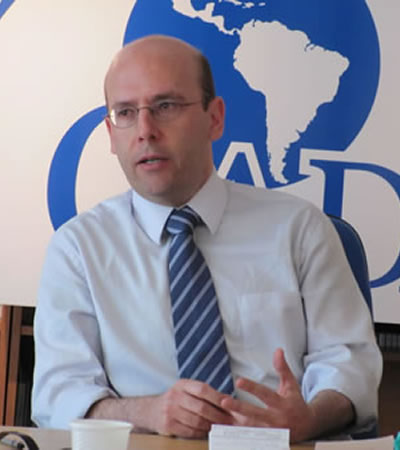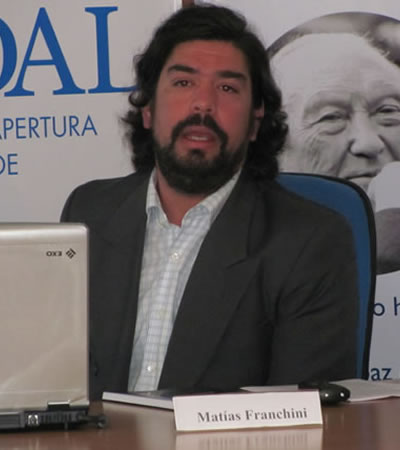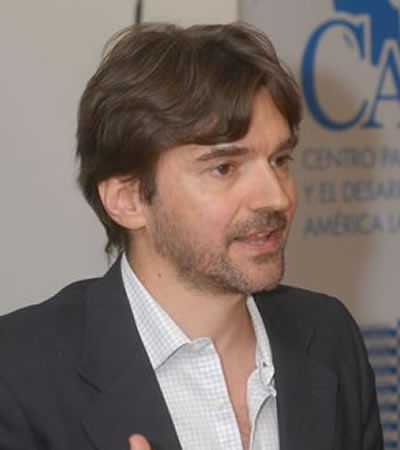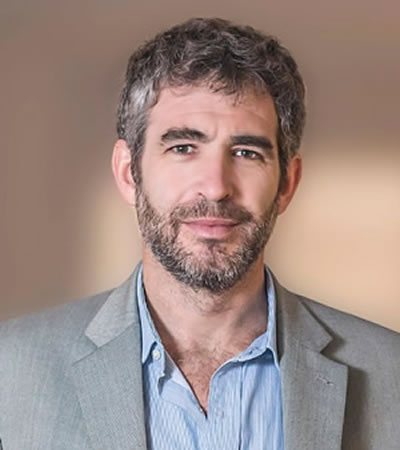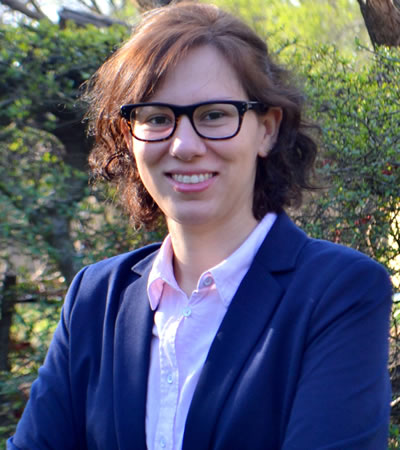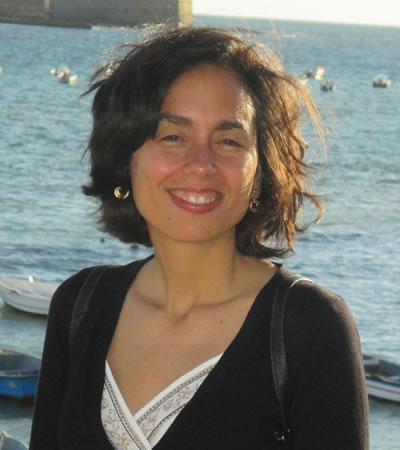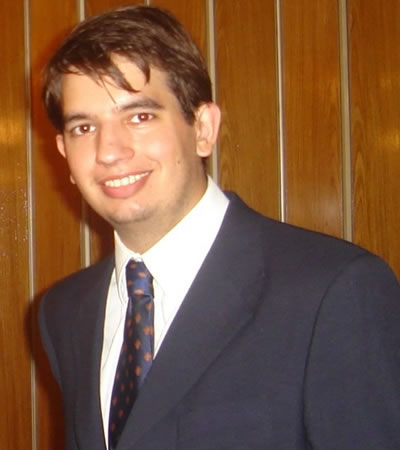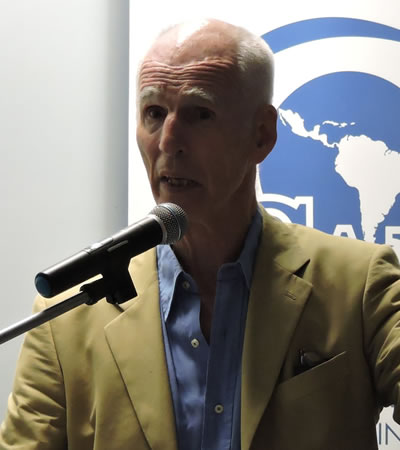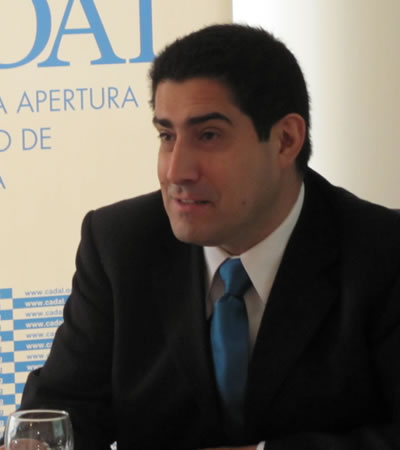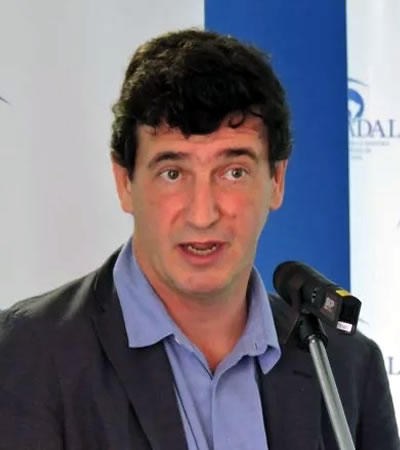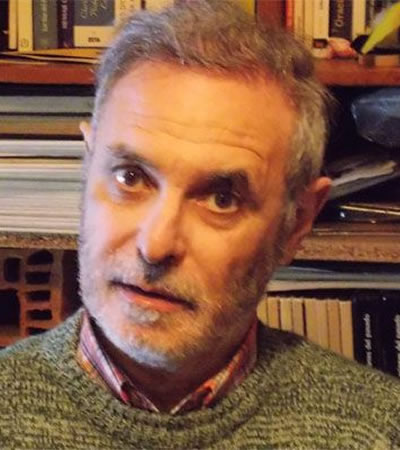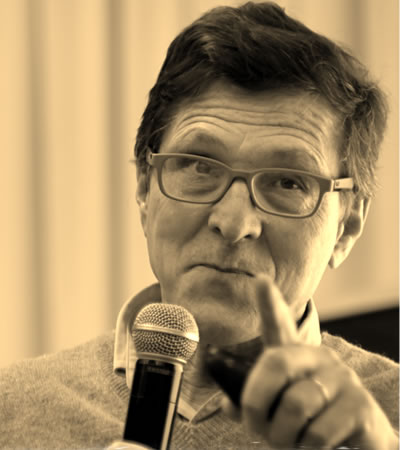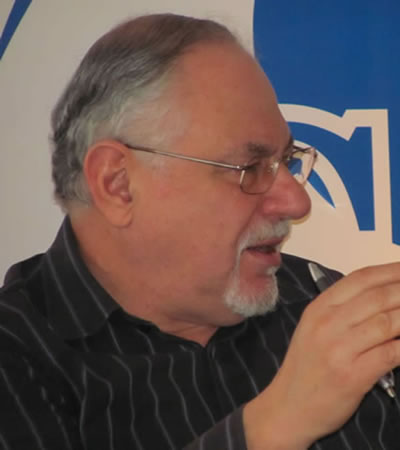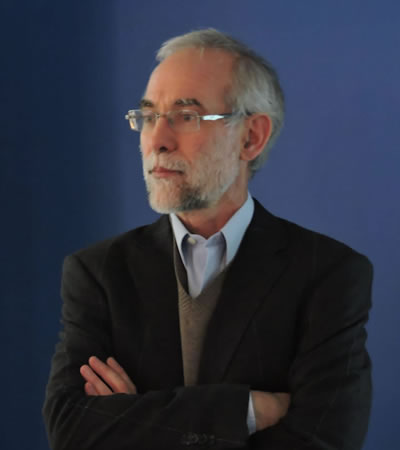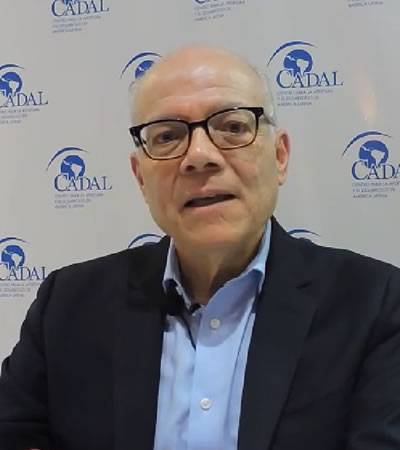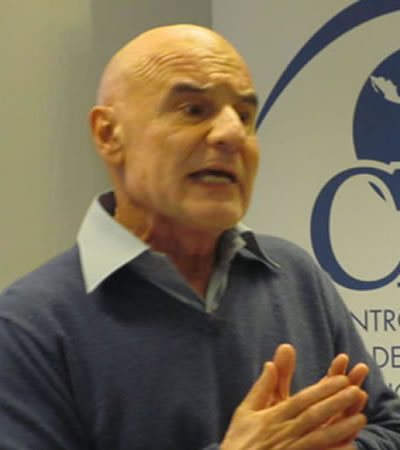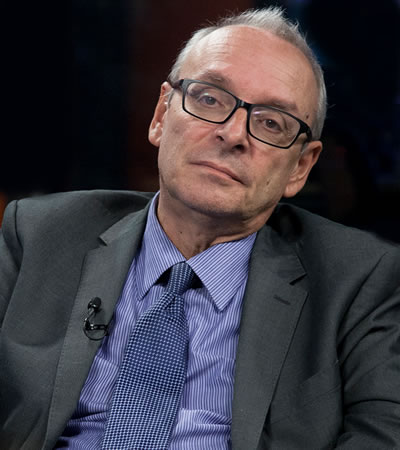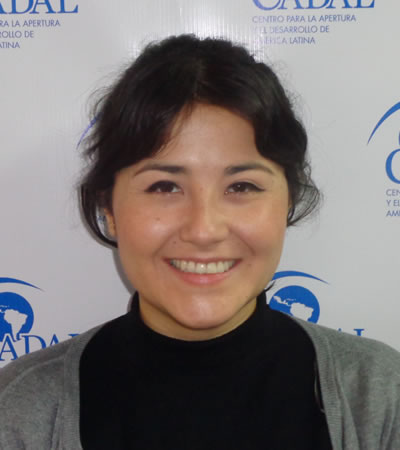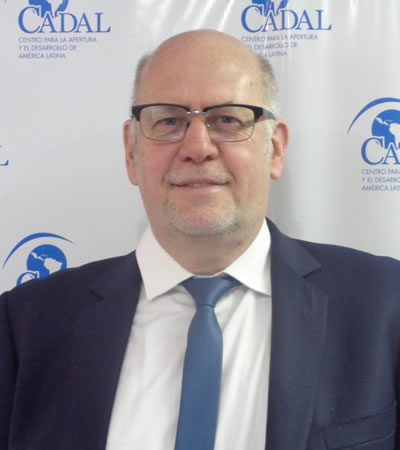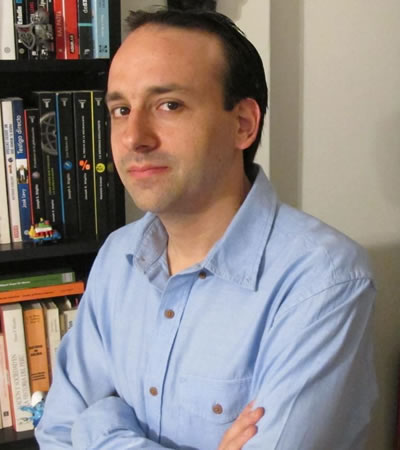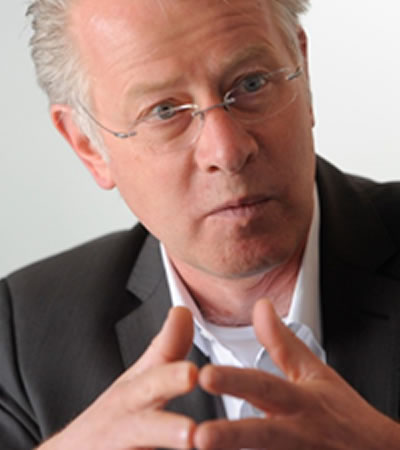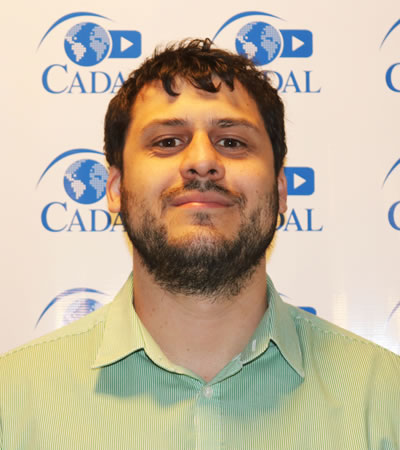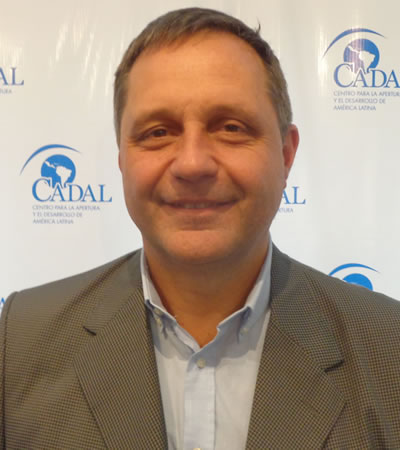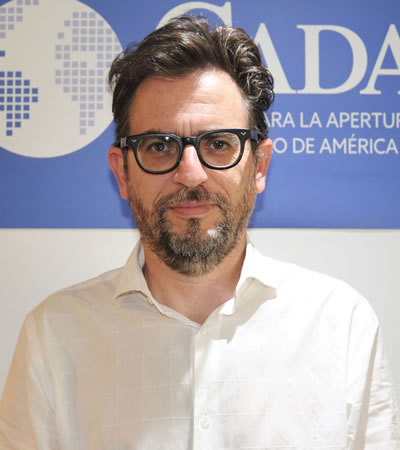WHO WE ARE
MISSION
CADAL (Center for the Opening and Development of Latin America) is a private, non-profit and non-partisan organization, established on February 26, 2003 in the Autonomous City of Buenos Aires, Argentina. At CADAL, we are dedicated to the promotion of human rights and international democratic solidarity, from the Global South. In particular, we focus on authoritarian contexts around the world where freedom of association, expression, assembly and the right to political participation are repressed, but also on democracies whose institutions, civil and political liberties are threatened and the rule of law eroded.
Furthermore, our work is guided by the principles enshrined in the Universal Declaration on Democracy. Thus, we consider democracy as the best form of government to guarantee the dignity and fundamental rights of the individual and to create a climate conducive to international peace; and assert that democracies should uphold democratic principles in international relations and express solidarity with other democracies and with victims of human rights violations in non-democratic regimes.
OUR HISTORY
CADAL's mission is inspired by the memory of the solidarity shown to human rights activists, politically persecuted, relatives of the detained and disappeared, and independent journalists during the last military dictatorship in Argentina (1976-1983). Having received these expressions of international democratic solidarity, we consider it our moral obligation to be the voice of those who currently live in authoritarian contexts.
As a civil society organization, CADAL is a pioneer in Latin America in promoting international democratic solidarity, an idea that is summarized in Václav Havel's phrase “I know how important it is for a person to know that there are people out there who are not indifferent to your fate”.
At the international level, CADAL is the only organization of its kind to emerge in the Southern Cone of Latin America and without large initial financial contributions or founders who are public figures.
MEMBERS
CADAL's members come from different fields, such as academia, journalism, consulting and human rights activism. Between our small team of staff and the invaluable support of our network of academic advisors and consultants, we form a plural space in which CADAL's members share the unrestricted defense of democratic institutions and the universality of human rights. Given its non-partisan nature, CADAL has adopted a set of principles of political independence for its members.
ALLIANCES AND NETWORKS
As part of its work to promote human rights, CADAL is part of several coalitions, forums and organizations and is a founding member of the Coalition for Freedom of Association and an active member of the International Tibet Network.
WHAT WE DO
MONITORING AND ANALISIS
● of the human rights situation with flawed democracies, autocracies and closed societies
● of countries' foreign human rights policy, including their voting behavior at the UN and the OAS
● the behavior of autocracies vis-à-vis the universal human rights system of the UN
● of the international relations, disinformation and propaganda of autocracies in Latin America
● of the Universal Periodic Review of autocracies in the UN Human Rights Council
● of democratic governance
POLITICAL ADVOCACY
● We make recommendations to democratic countries for the implementation of practices of diplomacy committed to human rights in bilateral relations with autocratic governments.
● We issue public statements to governments, international organizations and the general public on situations that affect human rights in countries governed by autocracies, and on restrictions and attacks on democratic institutions in countries with low institutional quality.
● We promote collaborative networks among activists, artists and academics to generate international democratic solidarity actions, such as the Coalition for Freedom of Association.
● We participate in the mechanisms of the regional and universal systems for the protection of human rights, with special emphasis on civil and political rights.
EDUCATION
● CADAL's Václav Havel Institute offers educational programs aimed at young students and university graduates, such as the seminar “Human Rights in International Relations” and the program “Good bye Lenin”.
● Through our volunteer program and international internships, we provide the opportunity for university students from Argentina and around the world to gain experience in analyzing the human rights situation and democratic quality of different countries.
● We train democratic activists in closed societies on human rights activism.
ANNUAL CONFERENCE
● CADAL's Václav Havel Institute organizes the annual conference on Memory, Human Rights and International Democratic Solidarity, including panel speakers on August 23 on the Day of Remembrance of the Victims of Totalitarianism.
AWARDS
● CADAL grants two international awards “Graciela Fernández Meijide for the defense of human rights” and for “Committed Human Rights Diplomacy in Cuba”.
● CADAL also presents the Milada Horáková Award to young participants of the Goodbye Lenin Program, as well as special Distinctions in recognition of commitment to human rights and international democratic solidarity.
HUMANITARIAN ASSISTANCE
RECOGNITIONS
● In October 2022, the DECyT Research Project “The impact of International Human Rights Law in Foreign Policy” of the School of Law of the University of Buenos Aires recognized CADAL's work for its historic, coherent and courageous defense of human rights in the area of foreign policy.
● In October 2024, the General Director and founding member of CADAL, Gabriel C. Salvia, received the Gratias Agit Award granted by the Ministry of Foreign Affairs of the Czech Republic, mainly for his involvement in the activities of the Václav Havel Institute.
FUNDING
● CADAL is financed through international cooperation agreements, and through contributions from foundations, individuals and companies for its general support or for specific projects and initiatives. For more information, click here.
CADAL FOUNDATION INC.
● In order to provide global projection to the work started in 2003 from CADAL Argentina, in 2020 CADAL Foundation was established in the United States.
To learn more about CADAL's work, we invite you to have a look at our projects.



